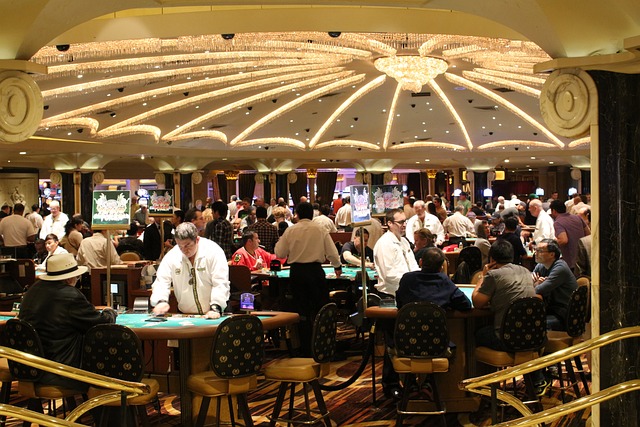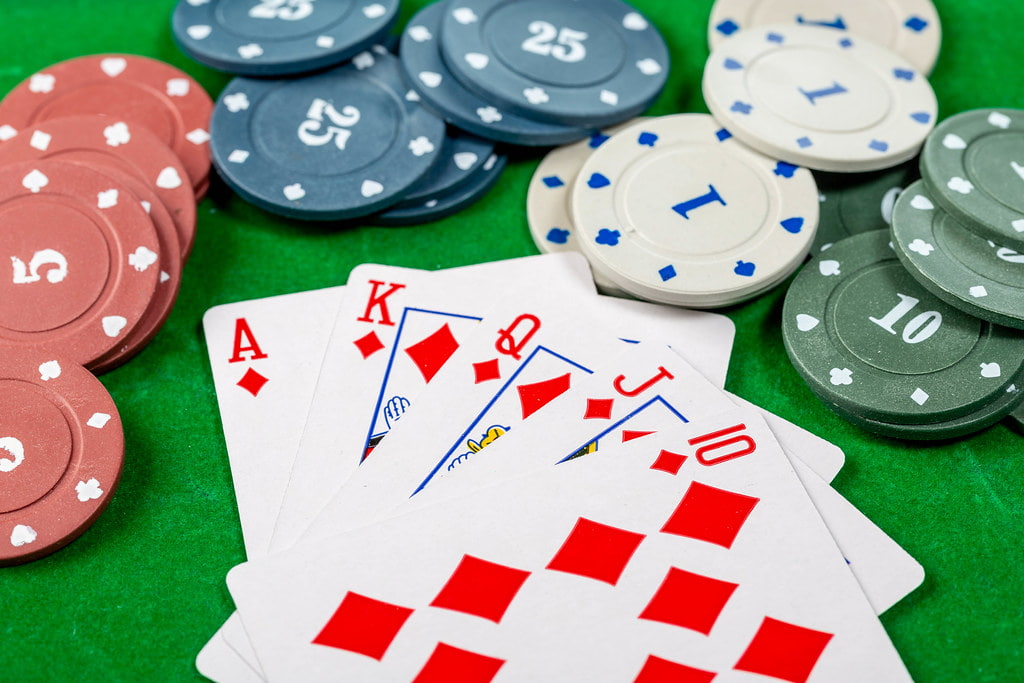Literature fascinates us with its many facets. Bold figures, red-hot bets, the irresistible allure of risk; characters who not only play with cards and dice, but dance with destiny itself. In the current context, where online gambling is gaining ground, these stories take on new resonances, reflecting the eternal challenge between man and fate.
Echoes of Dostoevsky’s Russia
Let’s go back to the deep cold of nineteenth-century Russia. “The Gambler” by Fyodor Dostoevsky is not just a novel; it is a heartbreaking cry from the heart of the author himself, a man crushed by gambling debts. In these pages, the life of Aleksej Ivanovich unfolds, trapped in a vortex of passion, money and desperation. His obsession is a distorted reflection of Dostoevsky’s own internal battles, making the novel a cruel mirror of the society of the time.
Shadows and lights in Victorian England

A leap back in time and space takes us to Victorian England. “Middlemarch” by George Eliot reveals Fred Vincy, a reckless young man whose addiction to gambling threatens to destroy his future and that of his family. Eliot intertwines Fred’s personal story with a sharp critique of the society of the time, a canvas on which the portrait of an era balanced between progress and stagnation is painted.
The American revolution of risk
We cross the ocean and catapult ourselves into the turbulent ’60s and ’70s America. Hunter S. Thompson transforms gambling into a wild ride through the desert in Fear and Loathing in Las Vegas, his frenetic narrative capturing the essence of an era in revolt. Here, gambling is a cry for freedom, an escape from suffocating reality, a symbol of the fight against suffocating conformism.
The intellectual challenge in Elective Affinities
Let’s move away from the frenzy of dice and cards to delve into another form of play: that of human passions in Goethe’s Elective Affinities. Here, risk is transformed into romantic choices, into decisions that alter the course of lives. Eduard and Charlotte, an aristocratic couple, find themselves playing with destiny when they introduce new elements into their domestic equilibrium. Goethe, with subtle mastery, transforms their world into a chemical laboratory where every choice is an experiment full of consequences.
The Game of Power in “The Leopard”

Traveling through time to the Sicily of the Risorgimento, “The Leopard” by Giuseppe Tomasi di Lampedusa explores the game of power. Don Fabrizio, the prince of Salina, maneuvers between the social and political changes that threaten his ancient way of life. In his struggle to maintain power and influence, the prince adapts, calculating each move as if it were a game of chess. The novel reveals how even the highest echelons of society are not immune to risk, playing a game where the survival of their world is at stake.
Conclusion: the red thread of destiny
Reflecting on these narratives, we see the player as the fulcrum of deep investigation: destiny, control, morality. From Dostoevsky’s cold to Thompson’s infernal heat, each story is a fragment of life, an investigation into human nature and its eternal conflicts. These stories show us how risk is an inevitable part of the human experience, a universal theme that crosses cultures and eras, always current, always vibrant.

